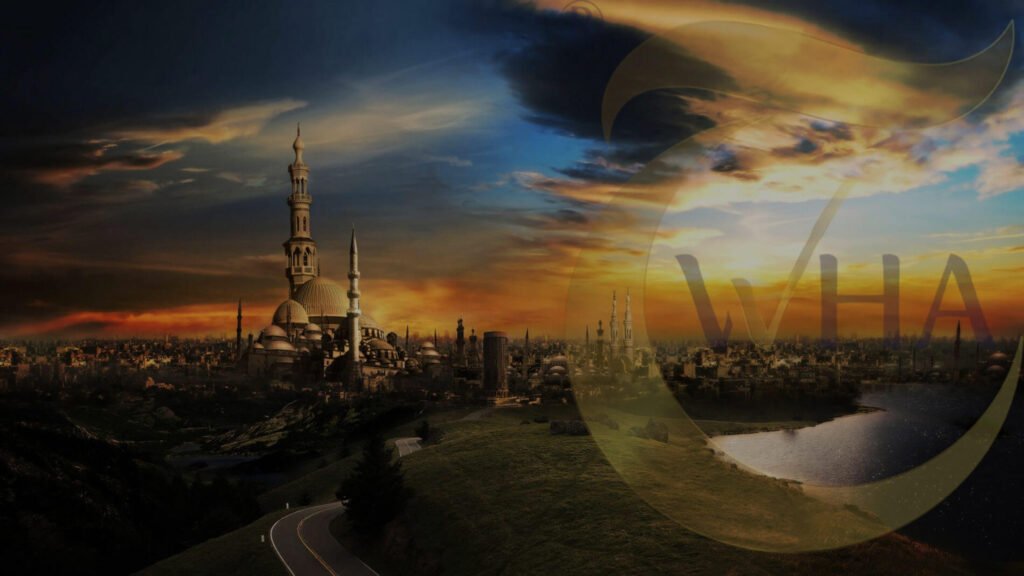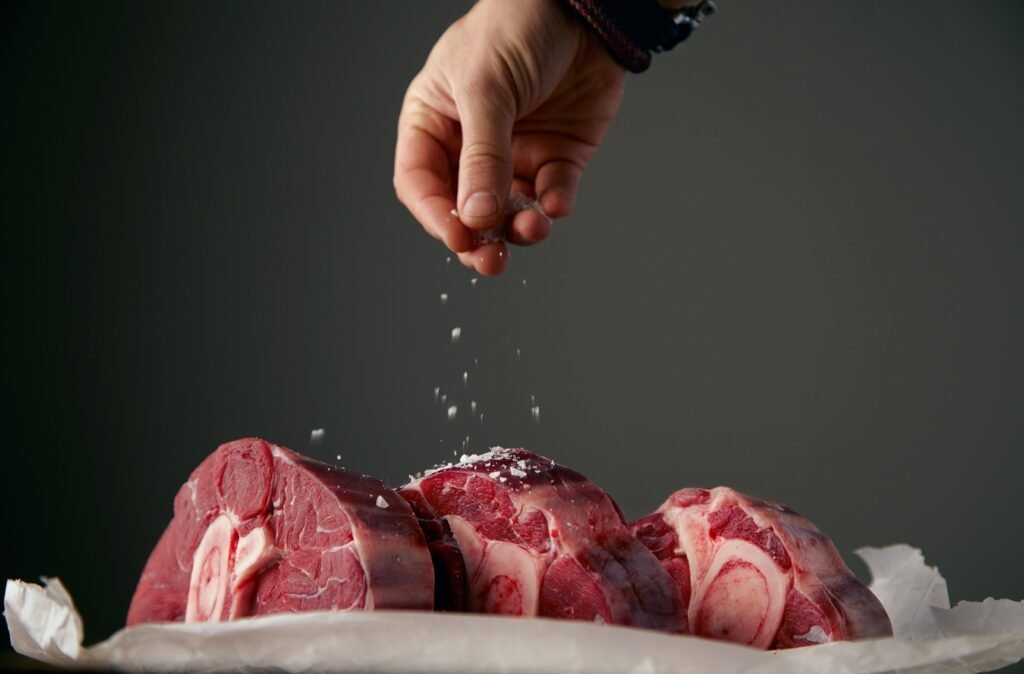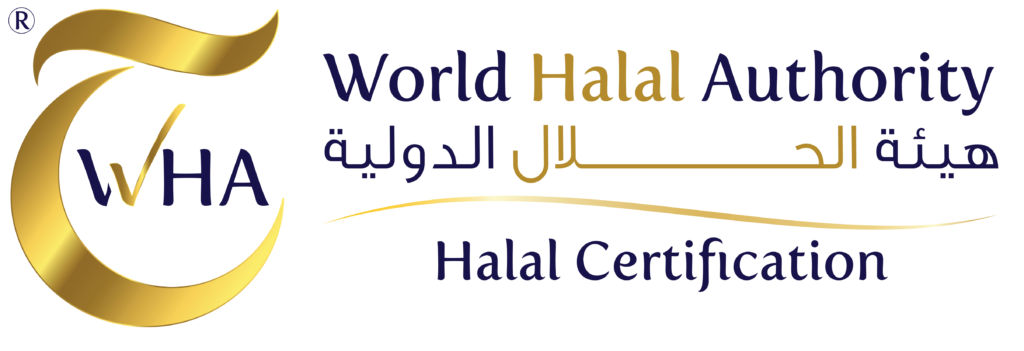The World Halal Authority (WHA) is an international certification body based in Italy, globally recognized for its Halal certification standards. Halal certification is not limited to food products but also includes cosmetics, pharmaceuticals, and various services, allowing companies to access broader markets and enhance their competitiveness and economic growth.
The certification ensures that products and services comply with Islamic norms, including permissibility, healthiness, and the absence of harmful substances. This not only boosts consumer confidence but also enhances brand image. Many companies, both Italian and multinational, rely on the WHA for this qualification.


A strength of the WHA is its high authenticity and recognizability, due to the international accreditations and recognitions it holds. This distinguishes it from other certification bodies, offering significant added value to companies that achieve its certification.
Moreover, the WHA has developed its own certification scheme that facilitates access to global markets. This scheme is particularly beneficial for companies aiming for international expansion, meeting the necessary requirements to operate in different markets. Halal certification is also seen as a response to the needs of Muslim consumers, who prefer products that conform to their religious beliefs. Considering that the Muslim population represents a significant share globally, the demand for Halal products is strong and growing.

In Europe and Italy as well, the demand for Halal products is increasing. Despite the perception that Halal certification is mainly export-oriented, its value is also substantial at the local level. In countries with significant Muslim minorities, such as the United Kingdom, Germany, and the Balkans, the certification offers companies the opportunity to meet a growing demand.
Nationally, Italy has a rising Muslim population, and the Halal market is expanding beyond traditional ethnic stores, prompting companies to consider Halal certification not just for export but also for the domestic market.
Finally, Halal certification not only addresses a religious need but also incorporates aspects of quality and ethics, making it seen as an indicator of high quality and safety of the product. This ethical aspect is recognized by both Muslim and non-Muslim consumers, further increasing the value of this certification in the global market.
In conclusion, WHA’s Halal certification offers companies a competitive advantage for accessing global markets and effectively responds to the growing demand for products compliant with Islamic norms, thus ensuring significant growth opportunities across various sectors.

